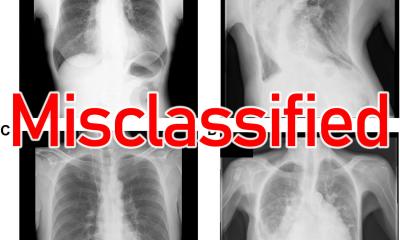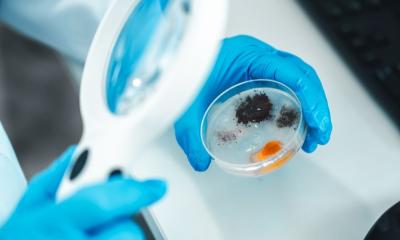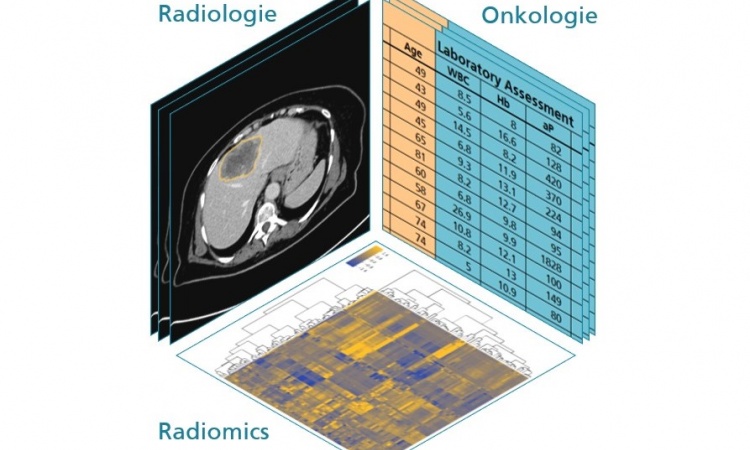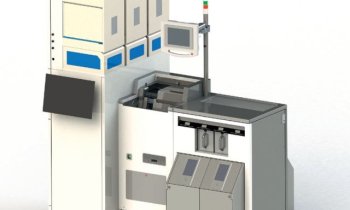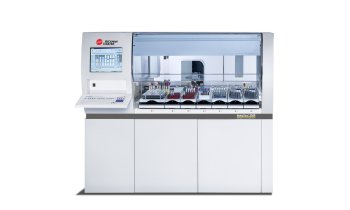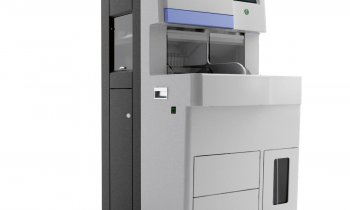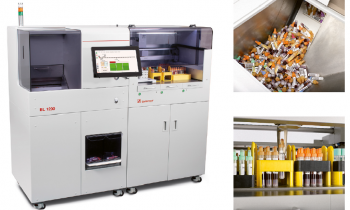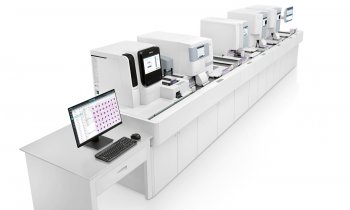analytica 2008
1-4 AprilMunich, Germany
Analytica, to be held in Munich for the 21st time, has become a leading international trade fair for instrumental analysis, laboratory technology and biotechnology, showcasing the entire range of equipment, solutions and services for laboratories in industry and research. About 400 exhibitors will fill five halls in the New Munich Trade Fair Centre.

Along with the conference, Job Day, Business & Markets Forum, and a focus on growing fields such as nanotechnology, new additions include the InnovationsArea, new educational events and an Executive Roundtable.
The InnovationsArea is dedicated to research institutes and small innovative companies, presenting their products and concepts to industry. The area will also hold a Technology & Innovations Forum.
Life Sciences and Diagnostics - From genetic testing for diagnostic purposes to protein analyses on chips – the latest tools in molecular biology, bio-analysis and the move toward personalised medicine will be on show.
Personalized medicine revolves around DNA chips, e.g. for breast cancer, a microarray from Eppendorf will allow physicians to determine whether a patient should undergo radiation or chemotherapy following a lumpectomy, and which patients do not need this treatment. The breast-cancer chip has over 200 genes that identify the type and stage of a tumour.
Roche has developed the AmpliChip CYP 450 (already licensed for diagnostic purposes in the USA and Europe). This recognizes deviations in two genes that are coded for liver enzymes in the Cytochrome P450 family. Patients with a deviation, for example, break down beta-blockers used to lower blood pressure too quickly or too slowly. Using genetic testing, physicians can adapt medication treatment to their patients’ metabolisms. Among other chips being developed is AmpliChip p53, which detects defects in the tumour-suppressing gene p53, making customised cancer therapy possible.
Chip technology is also becoming user friendly. Detection kits with ready-to-use reagents, all-in-one concepts consisting of microarrays, hybridization stations, scanners and analysis software as well as ongoing advances in automation, are making it easier for chip technology to be incorporated into routine clinical applications.
Identifying minor genetic defects - When patients react differently to a therapy despite a 99.9% genetic match, it’s frequently due to single-nucleotide polymorphisms (SNPs, pronounced ‘snips’). A SNP is a minor defect in the script of the genetic mapping. Only a single letter, i.e. a base, is interchanged. Experts assume that there are ten million SNPs in the human genome. In many cases, SNPs are the cause of diseases.
Aiming to identify the genetic causes of obesity, Alzheimer’s, neurodermatitis, schizophrenia, tuberculosis and many other diseases, the NGFN (Germany’s National Genome Research Network), wants to use DNA chips to examine 25,000 patients and a control group. Peter Nürnberg, Professor of Genomics at Cologne University and co-ordinator of the NGFN genotyping platform, and colleagues are collecting over 20,000 individual samples; the chips used will have over a half-million SNPs and other gene variations.
The tools for such research are but a few of the many laboratory attractions at analytica. Details: www.analytica.de
01.03.2008



